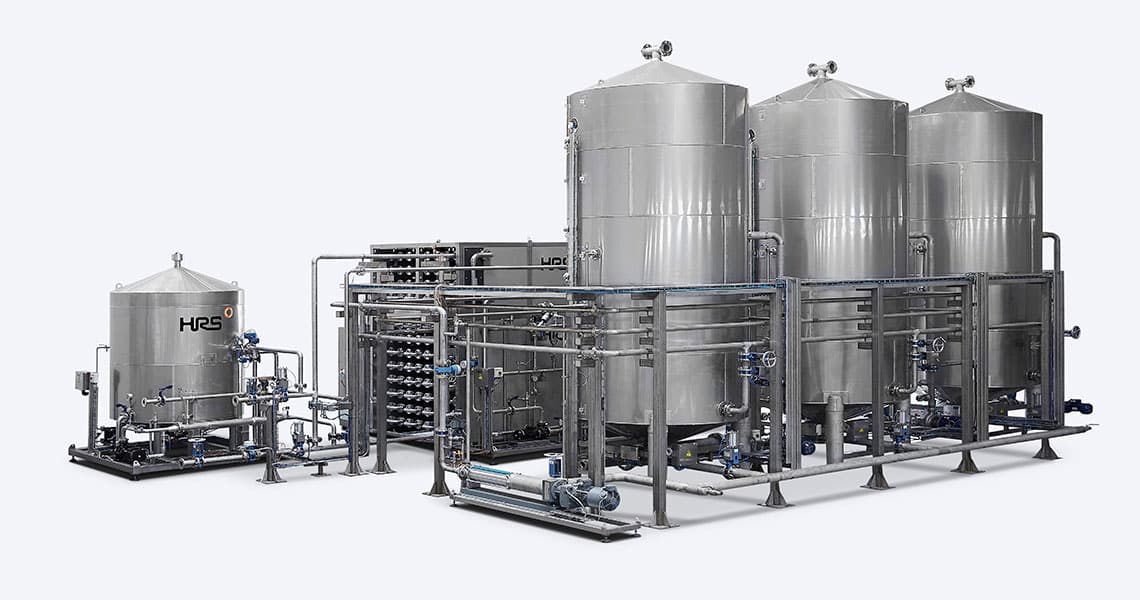EBA Highlights the Importance of Digestate

HRS Heat Exchangers has welcomed the recent publication of two recent papers by the European Biogas Association (EBA) which highlight the importance of digestate in the overall sustainability profile of anaerobic digestion and biogas energy.
HRS has long argued that if biogas energy is to fulfil its potential, then the benefits of using digestate as part of sustainable farming practices must also be maximised. It is therefore reassuring to see Europe’s leading biogas association highlighting how digestate can act as a ‘driver of the agroecological transition in Europe’ and its importance in promoting and maintaining soil health.
Matt Hale, International Sales & Marketing Director at HRS Heat Exchangers comments: “Once again the EBA has highlighted the benefits of digestate in fulfilling not only European, but global goals for climate change, soil health and sustainable agricultural production. However, as we have said over the last few years, if digestate is to meet this potential, plant operators and developers need to view digestate production as being as important as biogas production.”
The use of digestate as a sustainable biological fertiliser can be improved with pasteurisation to prevent the spread of pathogens, weed seeds and crop diseases. One of the most energy-and cost-efficient methods to pasteurise digestate is the HRS Digestate Pasteurisation System (DPS), which is based on heat exchangers rather than tanks with heating jackets. Using heat exchangers means that effective digestate pasteurisation is possible using surplus heat while allowing additional thermal regeneration levels of up to 60%.
Another system to improve the management and handling of digestate is the HRS Digestate Concentration System (DCS), which uses patented technology to reduce the volume of liquid digestate up to 90%, raising the concentration of total solids to 20% solids while also maximising the nutrient content, using heat from the AD plant’s CHP engine.